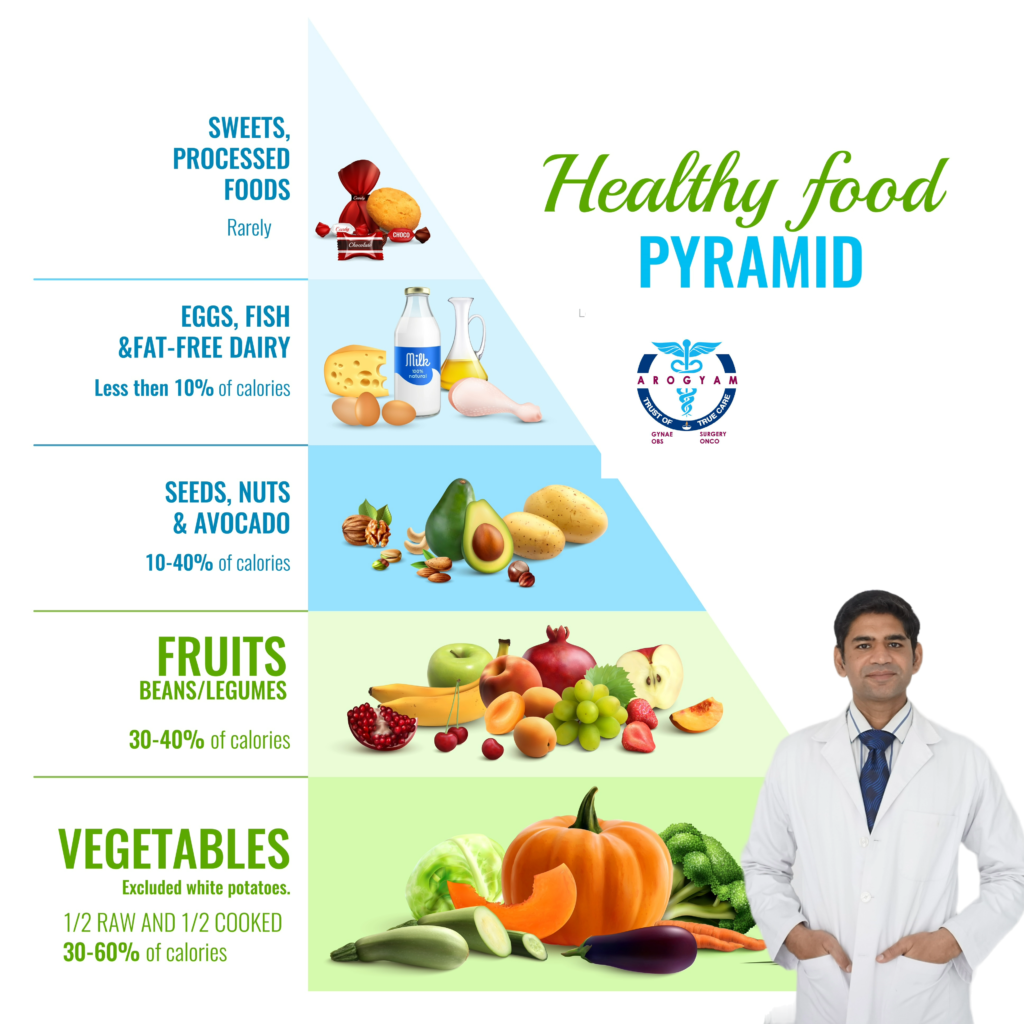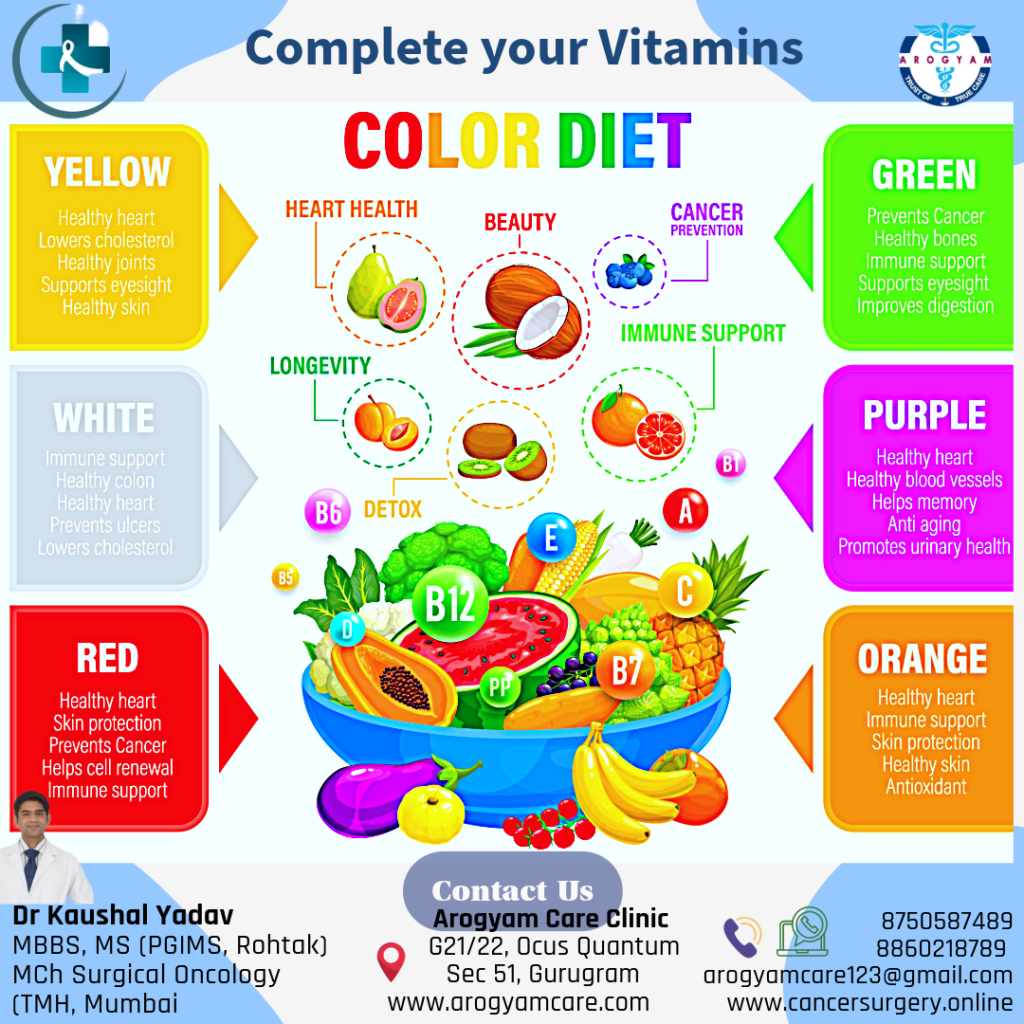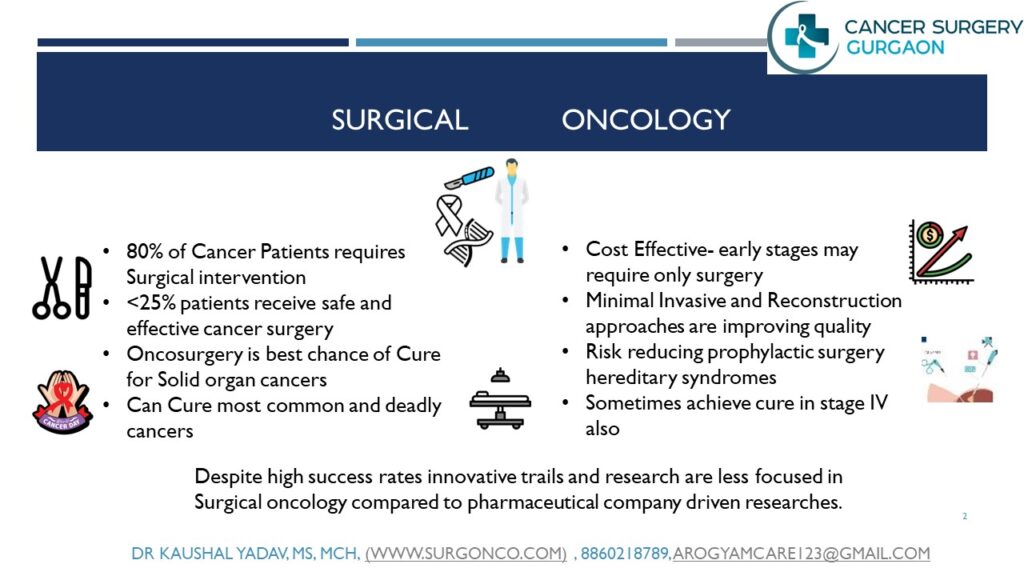Cancer Prevention Supplements: Key Nutrients to Support Your Health
Chemoprevention is use of natural products or pharmaceutical nutrition supplements to prevent or slow down growth of cancer by using cancer prevention supplements. These supplements are not advised as primary treatment but as supportive treatment to decrease the risk of developing cancer or support the body during cancer treatment.
Does really such medicines or supplements or natural products are available? Let us find out in this article with proper evidence and recommendations. For Simplicity of understanding we have divided these products in three categories:
- Nutrition Supplements and vitamins
- Medicines
- Plants and their extracts
1. Nutrition Supplements to prevent cancer: cancer prevention supplements, vitamins & minerals
Most prescribed and available chemoprevention agents are various nutrition supplements.
- Vitamin A, Vatamin C & Vitamin E:
- beta carotene, Vit A,C& E are known as anticancer, antioxidant & antiaging vitamins.
- How these vitamins protect from cancer: These protect cells from various damages. They prevent DNA damage and can stop growth of cancerous cells.
- Sources: Vitamin A containing foods include carrot, milk. Vitamin C is present in Citrus fruits like orange and berries. Vit E is present in spinach, broccoli, and dry fruits.
- How & when to use vitamin A, C & E supplements: Many studies have shown that vitamins may be helpful in those patients with vitamin deficiency but not in those without deficiencies. Multivitamins are not recommended in doses higher than dietary recommendations. Excess doses may have significant harmful effects.
- Vitamin D:
- Vit D is sunshine vitamin. It is most studied vitamin for cancer prevention especially for colorectal cancer.
- How Vit D prevent cancer: It may have role in stopping cancer growth progression.
- Sources: Vit D is present in fish oil, mushroom and sunlight exposure.
- How & when to use vitamin D supplements: Whie maintaining normal level is recommended but role in cancer prevention is not very well supported.
- Omega-3 Fatty Acids:
- How Omega 3 fatty acids prevent cancer: Omega-3 fatty acids inhibit inflammation, reduce oxidative stress, promote healthy cell growth, and have anti-angiogenic properties, meaning they can prevent the formation of new blood vessels that supply tumors.
- Sources: fish, flaxseeds, walnuts, soyabean, plant oils
- How and when to use Omega-3 Fatty Acid: It is advised to have adequate dietary intake to achieve normal omega-3 fatty acid intake. They may be helpful to increase nutrition but their role in reduction of cancer risk is not proven consistently.
- Minerals like Calcium, Selenium, Zinc, copper:
- How they act: supports DNA repair, regulates cell growth, and enhances immune function
- How to use: .Use above daily dietary recommendation is not advised for cancer prevention.
- L- Glutamin:
- Glutamine is immunomodulator amino acid.
- It may be used as supportive therapy during cancer treatment, but not for cancer prevention.
2. Medicines to prevent cancer: Cancer prevention medicines
- Tamoxifen and raloxifene: These drugs are selective estrogen receptor modulators (SERMs) that block the effects of estrogen on breast tissue.
- They are used to lower the risk of breast cancer in women who have a high risk of developing estrogen receptor-positive breast cancer, which is the most common type of breast cancer.
- Tamoxifen can also be used to treat breast cancer that has spread or to prevent it from coming back after surgery.
- Raloxifene is only approved for postmenopausal women.
- Both drugs can cause side effects such as hot flashes, blood clots, and endometrial hyperplasia and rarely cancer (tamoxifen only).
- Aspirin, Celecoxib and other non-steroidal anti-inflammatory drugs (NSAIDs):
- These drugs reduce inflammation and pain in the body. They may also lower the risk of colorectal cancer and other cancers by inhibiting an enzyme called cyclooxygenase-2 (COX-2), which is involved in tumor growth and angiogenesis (the formation of new blood vessels that feed tumors).
- However, these drugs can also cause side effects such as stomach ulcers, bleeding, and kidney damage, especially with long-term use
- Statins:
- These drugs lower cholesterol levels in the blood and prevent cardiovascular diseases. They may also have anti-cancer effects by modulating cell growth, apoptosis (programmed cell death), inflammation, and immune response.
- Some studies have suggested that statins may lower the risk of prostate cancer, liver cancer, and other cancers, but more research is needed to confirm these findings. Statins can cause side effects such as muscle pain, liver inflammation, skin problems.
- Metformin:
- This drug lowers blood sugar levels in people with type 2 diabetes. It may also have anti-cancer effects by activating an enzyme called AMP-activated protein kinase (AMPK), which regulates cellular energy metabolism and inhibits tumor growth.
- Some studies have shown that metformin may lower the risk of liver cancer, esophageal cancer, gastric cancer, and other cancers in people with diabetes, but more research is needed to verify these results. Metformin can cause side effects such as nausea, diarrhea, and lactic acidosis (a rare but serious condition that causes a buildup of acid in the blood).
3. Plant and their extracts to prevent cancer
Modern scientific research has confirmed the anticancer potential of many plant-derived compounds, such as resveratrol, polyphenols, flavonoids, alkaloids, terpenoids, and saponins. These phytochemicals can exert multiple effects on cancer cells and their microenvironment, such as inducing apoptosis, inhibiting proliferation, angiogenesis, invasion, and metastasis, modulating inflammation, oxidative stress, DNA damage and repair, epigenetic regulation, and immune response.
Some examples of phytochemicals that have been extensively studied for their cancer prevention effects are
- Curcumin: Turmeric is golden goodness. Curcumin is the main active ingredient of turmeric to prevent cancer.
- It has anti-inflammatory, antioxidant and anti-cancer properties that may help prevent or slow down the growth of various cancers, such as colorectal, breast, prostate, lung and skin cancer. Curcumin may also enhance the effectiveness of chemotherapy and radiation therapy by sensitizing cancer cells to apoptosis (programmed cell death) and reducing the side effects of these treatments. The curcumin is taken with a fat source to increase its absorption. Curcumin is generally safe and well tolerated, but it may interact with some medications, such as blood thinners, anti-diabetic drugs and antidepressants. Therefore, you should consult your doctor before taking curcumin if you are on any medication.
- Evidence is not strong enough for cancer prevention use of curcumin.
- Sources: Add turmeric to curries or consider curcumin supplements.
- Green tea: Green tea is one of the most popular beverages in the world and has been consumed for centuries for its health benefits.
- Green tea contains polyphenols, especially catechins, that have antioxidant, anti-inflammatory and anti-cancer effects. The most abundant and potent catechin in green tea is epigallocatechin-3-gallate (EGCG), which may inhibit the growth and spread of various cancers, such as breast, prostate, lung, skin and stomach cancer. EGCG may also enhance the efficacy of chemotherapy and radiation therapy by inducing apoptosis and inhibiting angiogenesis (the formation of new blood vessels that feed tumors).
- Studies on cancer prevention showed mixed results. Green tea may cause insomnia, anxiety, jitteriness or palpitations in some people. Green tea may also interact with some medications, such as blood thinners, anti-diabetic drugs and beta-blockers. Therefore, you should consult your doctor before taking green tea if you are on any medication.
- Resveratrol: Resveratrol is a natural compound found in grapes, berries and peanuts. Resveratrol is phytochemical in grape skin extract & grape seed extract.
- Resveratrol has anti-inflammatory, antioxidant and anti-cancer properties that may help prevent or slow down the progression of various cancers, such as colorectal, breast, prostate, lung and skin cancer. Resveratrol may also modulate the expression of genes involved in cell cycle regulation, apoptosis, inflammation and metastasis (the spread of cancer to other organs). The recommended dosage of resveratrol for cancer prevention is 100 to 500 mg per day, preferably taken with a meal to increase its bioavailability. Studies for its role in cancer prevention are onging.
- Garlic: Consuming one clove of garlic daily or 300–1,000 mg of garlic extract may offer protective effects like antibacterial properties, DNA repair enhancement, and inhibition of cancer cell spread. At present evidence is insufficient to recommend use for cancer prevention.
- Ginger: Known for its anti-inflammatory and anti-nausea properties, ginger is suggested to play a beneficial role against cancer.
- Dietary Fibers/ Psyllium: helps to relieve constipation. Cereals and beans are source of good fiber rich diet.
- Wheat germ extract: has antiangiogenesis role (decrease tumor blood supply) and some studies shown beneficial effect but further studies are required.
- Cinamon or dalchini in masala bark of tree
These phytochemicals are promising candidates for cancer chemoprevention for many cancers such as colorectal, breast, prostate, lung, skin, oral, cervical, liver, and pancreatic cancer, due to their multiple mechanisms of action and low toxicity. However, more research is needed to overcome the obstacles and improve the clinical outcomes of phytochemical-based chemoprevention strategies.
CAUTION
Media reports tend to exaggerate claims about supplements and health. Supplements are also marketed hugely and their commercial ads make you believe they improve your health and wellbeing.
What are the Recommendations?
The World Cancer Research Fund recommends that dietary supplements are not taken for the purpose of cancer prevention. Instead, they recommend that we meet nutritional needs through diet alone. For most people, eating a healthy, balanced diet will give a better chance of protecting against cancers than any supplement ever could
The American Institute of Cancer Research guideline on supplements states that “Don’t use supplements to protect against cancer. To reduce your risk of cancer, choose a balanced diet with a variety of foods rather than taking supplements.
USPTF also conclude that current evidence is insufficient for routine use.
Our Advice: According to Dr Kaushal Yadav, senior Surgical Oncologist in Gurgaon Delhi NCR, if there is deficiency of any particular nutrient or vitamin in the body, then it should be taken. This can be checked with normal blood tests. For cancer prevention eating a plant based balanced diet provide more beneficial effect that any specific supplements. As alone there is no superfood so you should take all variety of healthy and seasonal fruits and vegetable. There is no benefit of taking extra supplement if you are eating a balanced diet and doing regular exercise for cancer prevention.

To Know more about cancer prevention:
To Know more about cancer prevention:
Discover more from CancerSurgery
Subscribe to get the latest posts sent to your email.




